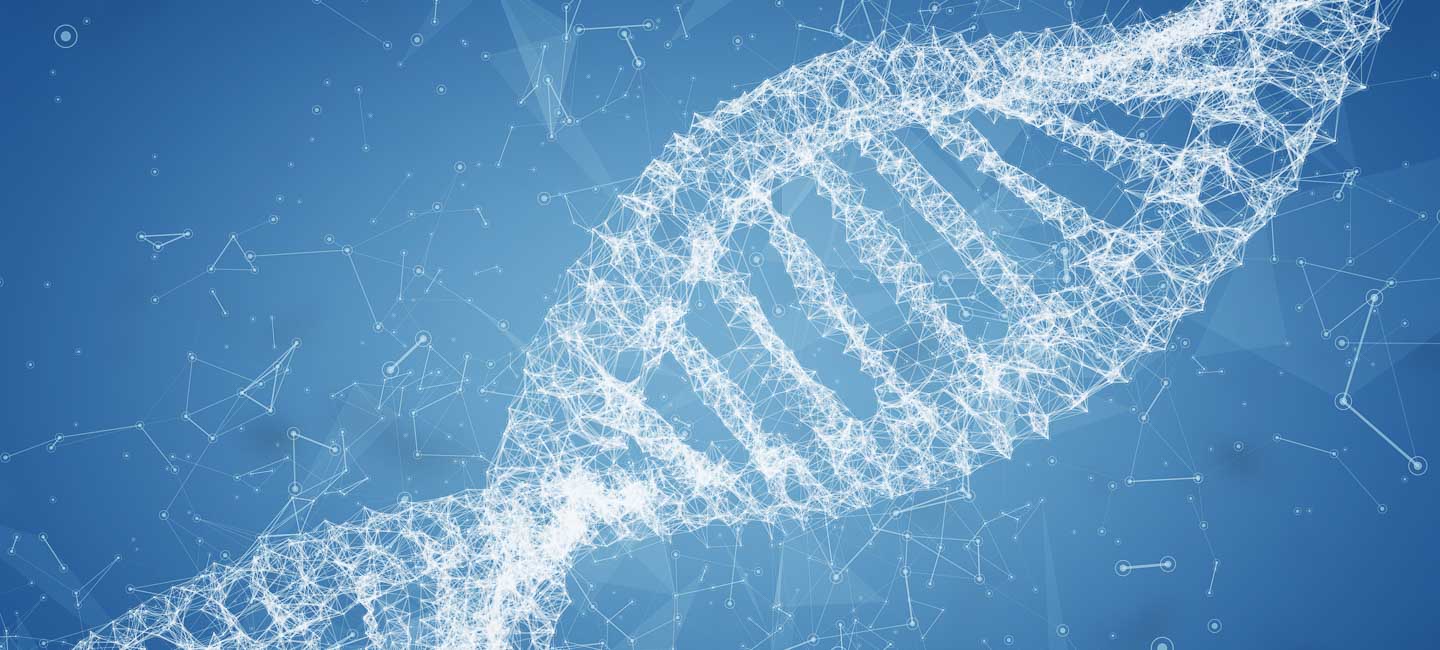Genetic Counseling and Testing: What’s It All About?
If you or any of your relatives have had cancer, you may be wondering if the disease runs in your family.
Here’s what you need to know to decide if genetic counseling and testing is the right decision for you.
What is genetic counseling?
Genetic counselors are professionals who have specialized education to give you personalized information to help make informed decisions about your genetic health. Cancer genetic counselors have special expertise in evaluating and discussing your personal and family history of cancer. They can help you decide if genetic testing is right for you, guide you through the process, interpret your test results and give you recommendations on screening and prevention. Currently Moffitt Cancer Center has six board-certified genetic counselors who are available to help you make the most informed choice for yourself and your family.
Who should consider genetic testing?
You can gauge your risk for an inherited cancer gene by looking at your personal and family history. There are some features that may be present in a family that would make an inherited cancer risk more likely. These include:
- Cancer in two or more generations
- Two or more people on the same side of the family with the same type of cancer
- A family member with more than one type of cancer
- Family members diagnosed with cancer at a young age (generally younger than age 50)
- A family member with a rare type of cancer, like ovarian cancer
- Certain ethnic backgrounds, like Ashkenazi Jewish ancestry, in which inherited cancer risk may be more common
It’s important to note particular cancers may have strong associations with other risk factors aside from genetics. For example, lung cancers diagnosed in individuals who use tobacco products or smoke or cervical cancer in individuals who have exposure to the human papillomavirus (HPV).
Genetic counseling and testing may also be a good option if you’ve already been diagnosed with cancer, especially if there are particular factors to suggest the cancer may be caused by an inherited genetic mutation. Testing can show if you are at risk for other cancers and if other members of your family should be tested.
What is genetic testing?
Genetic testing looks for changes, or mutations, in a person’s genes. Mutations in specific genes can increase your risk for cancer. You can inherit mutations from either one of your parents. Overall, inherited mutations account for five to 10 percent of all cancers. Knowing if you have an inherited cancer risk in your family may offer options for cancer prevention, early detection and personalized treatment.
What does genetic counseling and testing involve?
During an appointment, one of our board-certified genetic counselors will meet with you to gather additional information about your personal health and family history of cancer, including a three-generation family history. They will discuss with you a number of factors, including the risks, benefits, limitations and emotional implications of testing, as well as insurance coverage and confidentiality. After discussing this information with your genetic counselor, you can decide whether you would like to move forward with genetic testing. If you decide to have genetic testing, a blood or saliva sample will be collected and test results are typically ready within three to four weeks. You and your genetic counselor will review these results together. Genetic counseling and testing may provide opportunities for risk reduction, early detection or targeted treatment for yourself and family members.
Christine Steele, CGC and Carolyn Haskins, CGC also contributed to this article.



